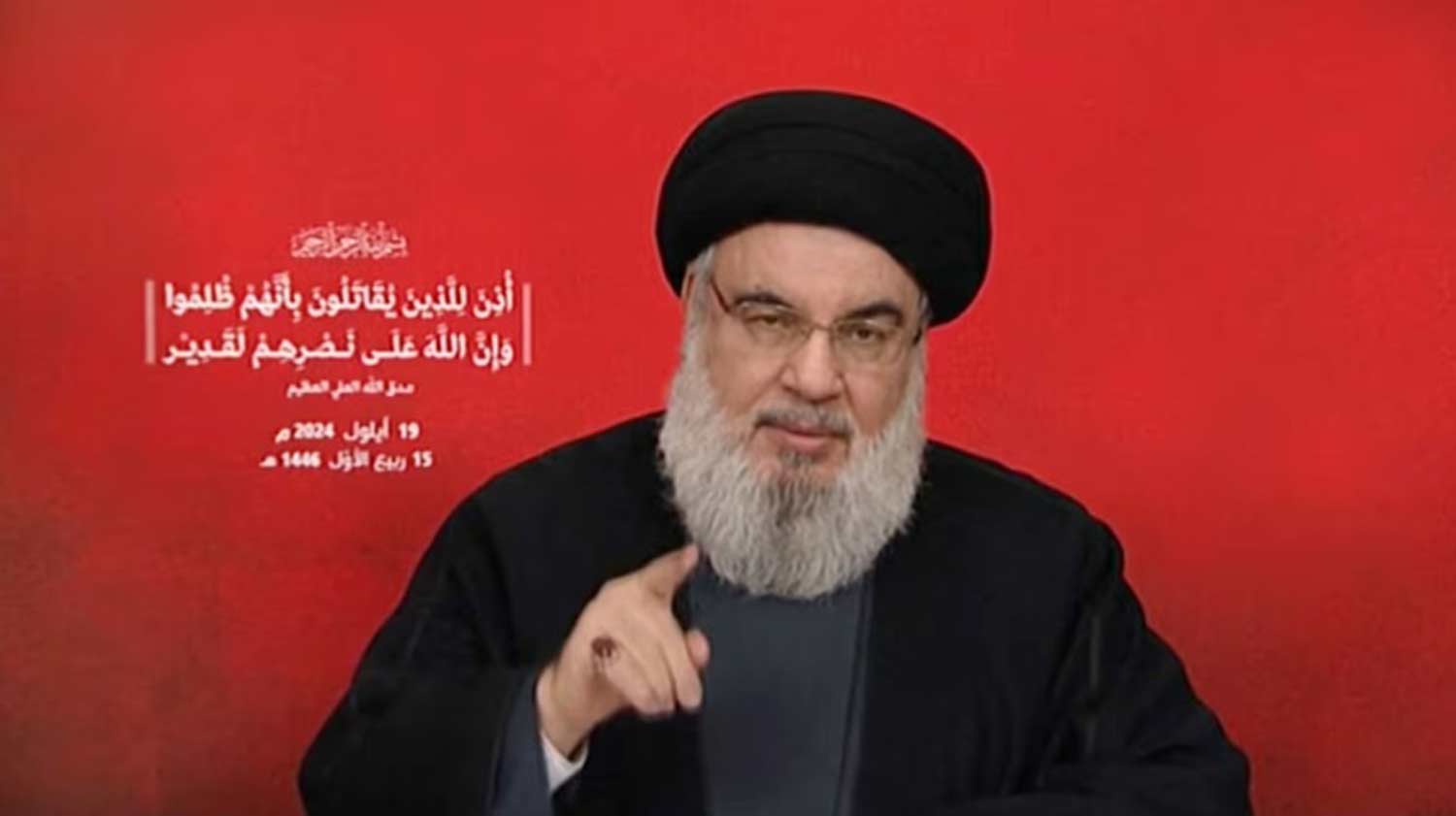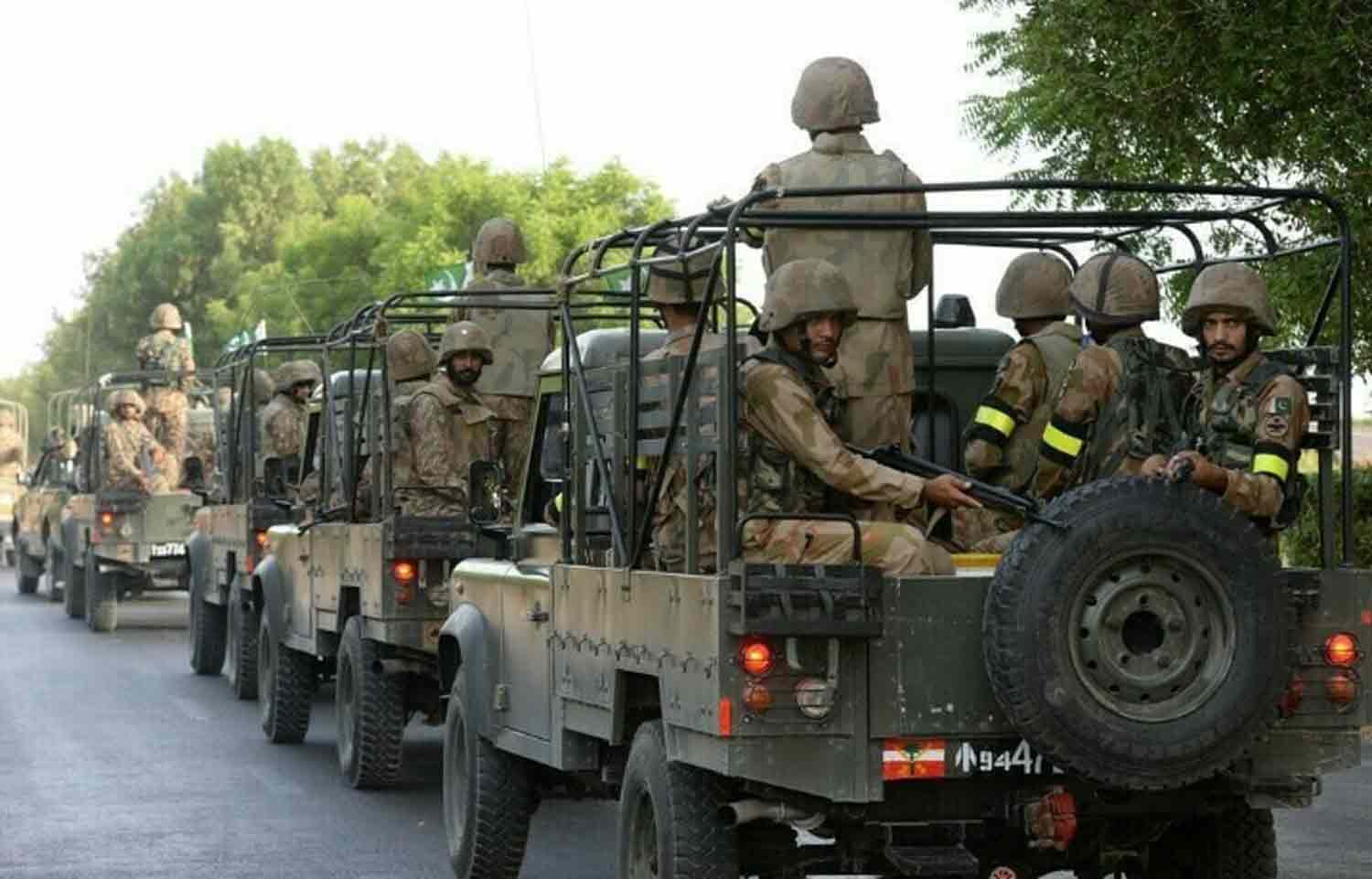On Thursday, Hassan Nasrallah, the leader of Hezbollah, announced that the organization has initiated an internal investigation into the recent explosion of numerous communication devices utilized by its members throughout Lebanon.
Nasrallah admitted that the group has experienced a significant setback due to Israeli assaults, stating that Israel has “crossed all red lines.”
Over a span of two days, a series of coordinated explosions targeted thousands of Hezbollah’s pagers and walkie-talkies across the country, resulting in 37 fatalities, including two children, and approximately 3,000 injuries.
“There is no doubt that we have faced an unprecedented security and military setback, both in the context of the resistance and in Lebanon’s history,” Nasrallah remarked during a televised address.
A source familiar with the investigation informed Middle East Eye that the inquiry is being conducted at the highest levels, with suspicions of a security breach facilitated by infiltrators.
The pagers and walkie-talkies procured by Hezbollah were reportedly rigged with explosive materials weighing between one to two ounces and equipped with a remotely activated switch before entering Lebanon.
The source indicated that the group is scrutinizing its inability to detect the explosives, despite standard security checks performed upon receipt of the shipment.
This oversight suggests “negligence” on Hezbollah’s part, but more critically, it implies that Mossad, Israel’s intelligence agency, had access to internal information regarding the technology the group would utilize for equipment inspections.
“The Mossad likely possessed intelligence that allowed it to bypass Hezbollah’s security protocols, as the explosives embedded in the devices went unnoticed during the group’s testing procedures,” the source stated.
While Israel has not confirmed or denied its involvement in the attacks, defense and intelligence officials who spoke to The New York Times on the condition of anonymity indicated that Israeli forces were responsible for the incidents.
Hezbollah has recognized a breach within its secure network, according to a source, and is currently assessing the severity of this security lapse.
“This indicates that high-ranking operatives have been recruited by Mossad to infiltrate the organization’s internal communications,” the source noted.
“Hezbollah is concerned that the infiltration level within its ranks, including its inner leadership circle, is likely substantial; otherwise, this incident would not have occurred,” the source added.
Military analyst Johnny Khalaf, a retired brigadier general from the Lebanese army, stated that the establishment of a field investigation committee by Hezbollah suggests that the breach of its critical internal communication system involves both technical and human factors.
“There are two possibilities: either the devices were inadequately inspected because they were sourced from a trusted individual, or infiltrators managed to bypass security measures unnoticed,” Khalaf explained.
A source affiliated with Hezbollah informed MEE that the order for the communication devices was initially made by a businessman closely connected to the group, who obtained them at a “very favorable price.”
Local reports indicate that Hezbollah has detained an unspecified number of individuals on suspicion of collaborating with Israel.
“The initial interrogation of suspects is typically conducted by Hezbollah. The organization investigates them before transferring them to Lebanese military intelligence for further inquiry and subsequent referral to the judiciary,” a military source shared with MEE.
During Nasrallah’s address, Israeli warplanes flew at a low altitude over Beirut, producing loud sonic booms, while intense Israeli bombardment struck various locations in southern Lebanon.
Nasrallah adopted a resolute stance, warning Israel of “severe consequences and rightful retribution, both where it anticipates it and where it does not.”
The Hezbollah leader asserted that no amount of military escalation, killings, assassinations, or full-scale war would compel Israeli residents to return to the border region, which he identified as a primary objective of the Israeli government’s war strategy.
He stated that the “only solution” for the displaced to return to the north is to “cease the assault on Gaza.”
Nasrallah accused Israel of intending to “kill no fewer than 5,000 individuals in two minutes” over the course of two days.
While he recognized Israel’s technological advantages, he downplayed the effects of the attacks on Hezbollah, asserting that the group’s organizational structure remained intact.
“I believe that the recent events did not incapacitate Hezbollah’s military capabilities, but rather affected the technical resources that Hezbollah depends on for its military operations,” Khalaf noted.
The analyst further remarked that had the attack occurred while Hezbollah was actively engaged in combat, the repercussions of targeting the group’s communication network would have been considerably more severe.
Hossein Salami, the commander of Iran’s Revolutionary Guard Corps, informed Nasrallah that Israel will encounter “a devastating response from the axis of resistance,” as reported by state media.
Since Wednesday, Hezbollah has targeted multiple locations in Israel, including artillery positions, using rockets.
On Thursday, the Israeli military reported the deaths of two soldiers in northern Israel—one due to a drone strike and the other from an anti-tank missile launched by Hezbollah from across the Lebanese border.
In response to Nasrallah’s remarks, Israeli Defence Minister Yoav Gallant stated that Israel would persist with its military operations against Hezbollah, acknowledging that the new phase of the conflict carries “significant risks.”
Despite the recent developments, a spokesperson for the UN peacekeeping mission in southern Lebanon (Unifil) indicated that the situation along the border had “not changed much in terms of exchanges of fire between the parties.”
Lebanese Prime Minister Najib Mikati urged the United Nations Security Council to take decisive action to halt what he described as Israel’s “aggression” and “technological war” against Lebanon.
Additionally, Jordan’s foreign minister, Ayman Safadi, accused Israel of escalating tensions in the Middle East, pushing the region toward the brink of war through dangerous maneuvers on multiple fronts.
France and the United States have called for restraint, with US Secretary of State Antony Blinken emphasizing the need to avoid “escalatory actions by any party” in the region and advocating for “restraint and de-escalation.”
Discover more from Defence Talks | Defense News Hub, Military Updates, Security Insights
Subscribe to get the latest posts sent to your email.





